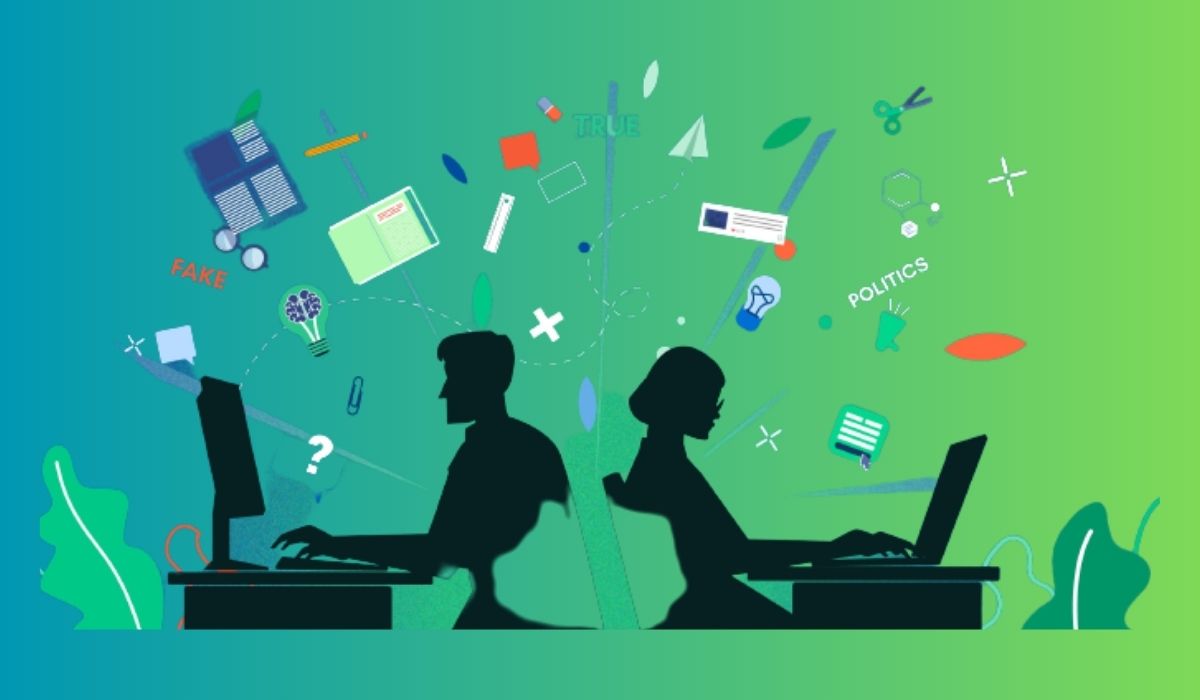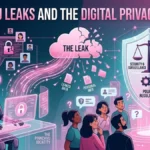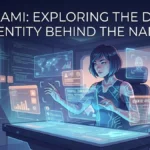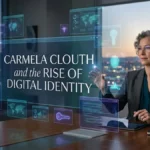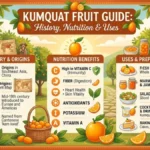In today’s highly connected world, the media has a much larger impact on how we see the world. Media literacy is more vital than ever due to the proliferation of media outlets and the ease with which information can be obtained. The purpose of this essay is to examine the meaning of media literacy and how it equips individuals to successfully traverse the enormous universe of media.
Understanding Media Literacy
Definition of Media Literacy
To be media literate is to be able to evaluate, comprehend, and evaluate multiple forms of media. Media literacy is the study of the effects of media on society, as well as the construction and delivery of media messages. People that are media literate are able to do more than just absorb the media; they are able to shape it and influence it.
The Importance of Media Literacy
The ability to understand and evaluate media is essential in today’s information age. With so many outlets for spreading news and so much material available online, it’s more important than ever to be able to sort fact from fiction. People who are media literate are better able to evaluate information, generate reasoned conclusions supported by facts, and avoid being swayed by propaganda.
Key Components of Media Literacy
Among the many facets of media literacy are:
Media Analysis: The aptitude to analyze media content and spot biases, hidden meanings, and manipulative tactics.
Source Evaluation: Judging the trustworthiness and accuracy of news reports.
Critical Thinking: Media content analysis, critique, and interpretation.
Media Creation: Learning the steps involved in creating media and using those skills in your own work.
Analyzing Media Messages
Media Bias and Objectivity
Whether deliberate or not, media sources frequently exhibit their own prejudices. To correctly perceive news and information, one must be aware of the inherent media bias. To fully grasp a subject, one must look at several angles and read from a variety of viewpoints.
Evaluating Credibility and Source Reliability
It is more important than ever to evaluate the trustworthiness and dependability of sources in this age of widespread information sharing and the emergence of citizen journalism. In order to guarantee the correctness and authenticity of the content, it is important to review facts, validate information, and cross-reference numerous sources.
Recognizing Manipulation Techniques
Media content can be created to evoke particular feelings, influence audiences’ viewpoints, or advance particular causes. Media literacy training helps people recognize and avoid being swayed by strategies like selective editing, loaded language, and emotional appeals.
Developing Critical Thinking Skills
Questioning and Challenging Media Content
Individuals with a higher level of media literacy are more likely to critically evaluate the news they consume. People can learn to see through the media’s biases, logical fallacies, and contradictions by practicing critical thinking skills. It is impossible to have a complete understanding of difficult topics without engaging in critical inquiry and actively seeking out alternative points of view.
Fact-Checking and Verification
Due to the prevalence of false information and “fake news,” the ability to verify claims is more important than ever. An essential part of developing media literacy is learning to question claims without immediately dismissing them. It is easier to tell the difference between true and false claims when using fact-checking resources and respected fact-checking groups.
Distinguishing between Opinion and Fact
People who are media literate are better able to sort out biased reporting from hard news. In doing so, one learns to distinguish between a statement based on objective evidence and one based on one’s own opinions or interpretation. In order to prevent spreading false information and make educated choices, this ability is crucial.
Media Literacy in the Digital Age
Social Media and Fake News
The news and other information you need can now be found on social media platforms. The widespread use of fake news and echo chambers, however, makes them problematic. The ability to distinguish between fact and fiction is a key skill in today’s world, and media literacy provides the foundation for this.
Understanding Algorithms and Filter Bubbles
Algorithms that curate content based on user preferences are used by many online sites; this can lead to “filter bubbles,” where users only see content that confirms their own ideas. By teaching people how these algorithms work and inspiring them to actively seek out alternate opinions, media literacy’s helps to cultivate a more nuanced comprehension of complex topics.
Digital Literacy and Online Safety
Digital literacy is an extension of media literacy’s, including the skillset necessary to participate in online communities securely and responsibly. Individuals may better safeguard themselves and engage with digital media in a secure manner if they have a firm grasp of topics like privacy, cybersecurity, and digital footprints.
Media Literacy Education
Integrating Media Literacy in Schools
Many schools now include lessons on media literacy because of its critical role. Students can learn to think critically and make informed decisions about the media they consume and create more of their own media if they are exposed to media literacy instruction from a young age.
Teaching Tools and Strategies
Learning about media uses a wide variety of methods to keep students interested and involved. Activities like media analysis, group debates, media production, and partnerships with experts are all part of this.
Promoting Media Literacy at Home
There are many contexts outside of school where media literacy can be taught. It is essential for parents and guardians to encourage media literacy at home. Families may help their children become digitally literate by having open conversations about media, providing opportunities for critical thinking, and establishing rules for media use.
The Benefits of Media Literacy
Empowering Individuals
People who are media literate are better able to evaluate information, create their own ideas, and participate constructively in society at large. Individuals can challenge prevailing narratives and help shape the media landscape by increasing their awareness of the power dynamics inside the media.
Fostering Civic Engagement
Civic participation is greatly aided by the development of media literacy’s. Citizens who are media literate are more likely to question authority, hold institutions accountable, and otherwise engage in democratic processes. By critically examining media content and considering alternative viewpoints, citizens can help build a more educated and democratic society.
Nurturing Critical Thinkers
The ability to think critically about media is essential. By training their brains to think critically, people can assess the veracity and accuracy of the information they absorb in the media. Individuals are more equipped to handle the intricacies of today’s media ecosystem when they have developed the critical thinking skills fostered by media literacy.
Conclusion
Media literacy’s has become increasingly important in today’s information-saturated society. Individuals can confidently navigate the broad media world by understanding the structure of media messages, critically examining sources, and developing skills in critical thinking. In order to create a society full of involved and active citizens, media literacy equips people with the tools they need to question, challenge, and analyze media information.
FAQs
Why is media literacy important?
An individual’s ability to critically examine and manage the huge sea of media messages depends on their level of media literacy. It gives people the ability to determine what information is trustworthy and what isn’t, so they can avoid being duped and make better judgments.
How can I evaluate the credibility of a media source?
Considerations such as a media outlet’s history, subject matter competence, objectivity, and level of disclosure are all important in determining the reliability of a story they publish. Checking facts and making comparisons to other sources are also useful in determining how credible something is.
Can media literacy help combat fake news?
Media literacy’s does indeed teach people how to spot and question fabricated reports. Media literacy’s education helps people spot misleading information and stop its spread by educating them to think critically and check sources.
How can I promote media literacy at home?
At home, you can help your child become media literate by having conversations about what they see on screen, encouraging them to think critically about what they see, establishing boundaries around screen time, and providing a good example yourself.
Where can I access further resources on media literacy?
More information on media literacy’s is available from credible sources like media literacy’s associations, educational institutions, and online platforms specifically designed to promote media literacy.

